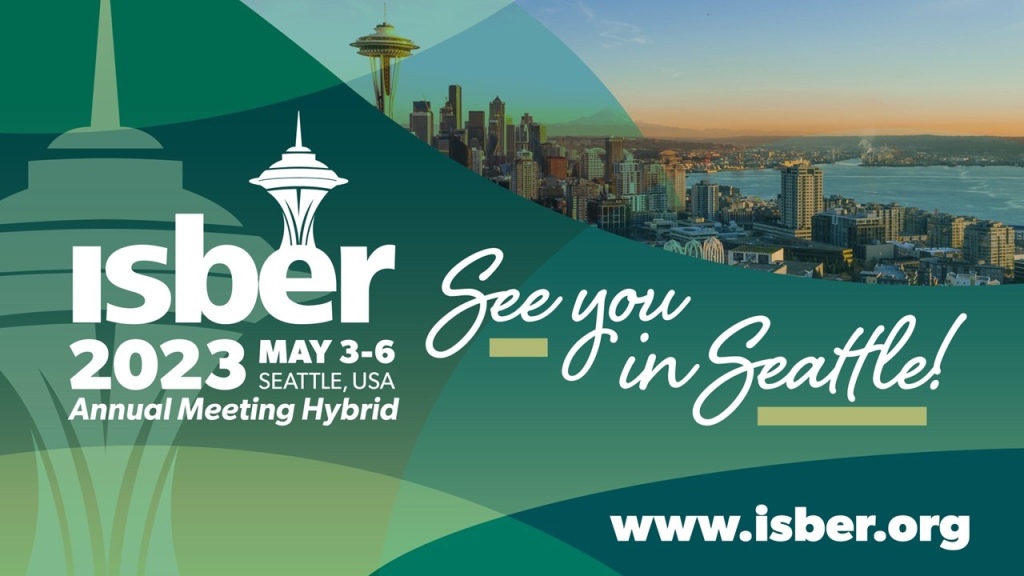I’ve been thinking about why some people don’t trust medical science and doctors in the US (and, increasingly, globally).
I’m not talking about issues with the medical system like ethical lapses, insurance snafus, cost, poor communications, malpractice, politicization, etc. I want to talk about issues with science.
I think a major source of distrust in medical science lies in the fact that no two human bodies are exactly alike–not even two identical twins. Stay with me on this one–it takes a while to explain.
For some medical procedures, like setting a broken bone, results are pretty predictable for the vast majority of people. However, when it comes to more complicated health issues like cancer and viruses, it’s less certain that medical science can generate specific results due to variations in the human body, nuances in the disease, and the fact that we don’t know everything about how the body or the disease works. (I’ve got 13 years as a cancer patient to support me on this).
The scientific process of discovery is the same in all areas of science, but the level of evidence available and predictability of results can vary depending on what’s being studied. In the engineering world where I was trained, once a physical law (e.g., the behavior of gravity on earth) has been confirmed by many observers, one can rely on it to remain true–at least until new data suggests the law may need to be revised.
The same is not true in medical science.
In medical science (particularly in drug development), a response to treatment in one person does not guarantee the same response will occur in another person who has the same condition. A person’s response can vary due to differences in the body, the environment, other health issues, or even the treatment process. This is why anecdotal evidence is not considered reliable evidence in medical science (although an individual response might indicate something is worth studying). A treatment must produce a similar response in many people to be considered effective–and even then, it may be effective only in people with certain characteristics. Based on decades of cancer research and treatment, claims of “This cancer treatment is guaranteed to work for EVERYBODY!” should generate significant skepticism.
If a hundred studies in engineering produce the same result, we trust the result will be true for all future studies. However, if a medical treatment is effective for 100 people, it still might not be effective for the 101st person. In the case of viruses (which mutate and may have as yet unknown effects on the body), medical evidence can tell you whether a vaccine can reduce your risk of getting infected/sick/dying from the virus, but it’s rare to get exactly the same results for all people.
People want science to be absolutely true, like engineering. When you turn on your stove, you trust it will generate heat for cooking. If it doesn’t work, it’s the machine’s fault, not the science.
But in medicine, the thinking is different. “The doctor said this treatment could keep me from getting sick. I still got sick. The treatment didn’t work, the doctor doesn’t know what they are talking about, the science is bad.”
Perhaps the lack of certainty makes medical science untrustworthy to some. And therefore “science” itself is bad.
How to fix this? Still thinking on that.









